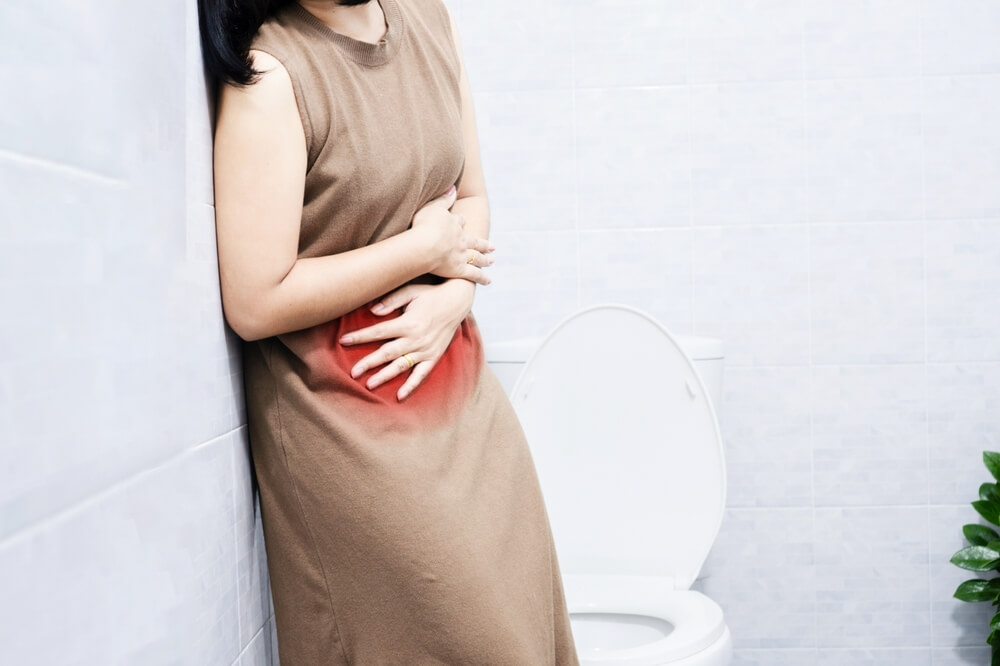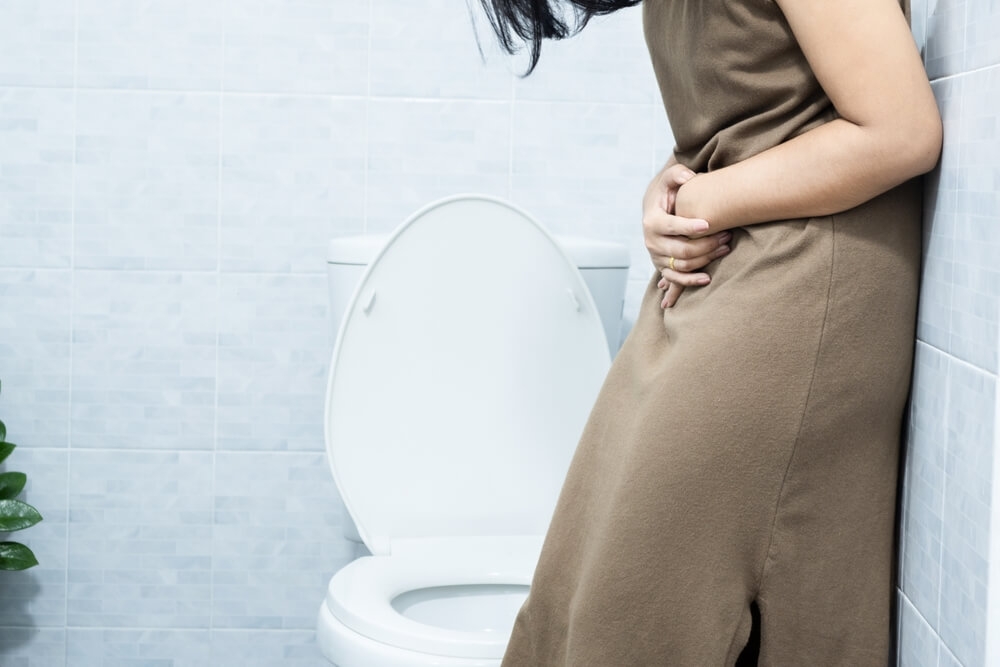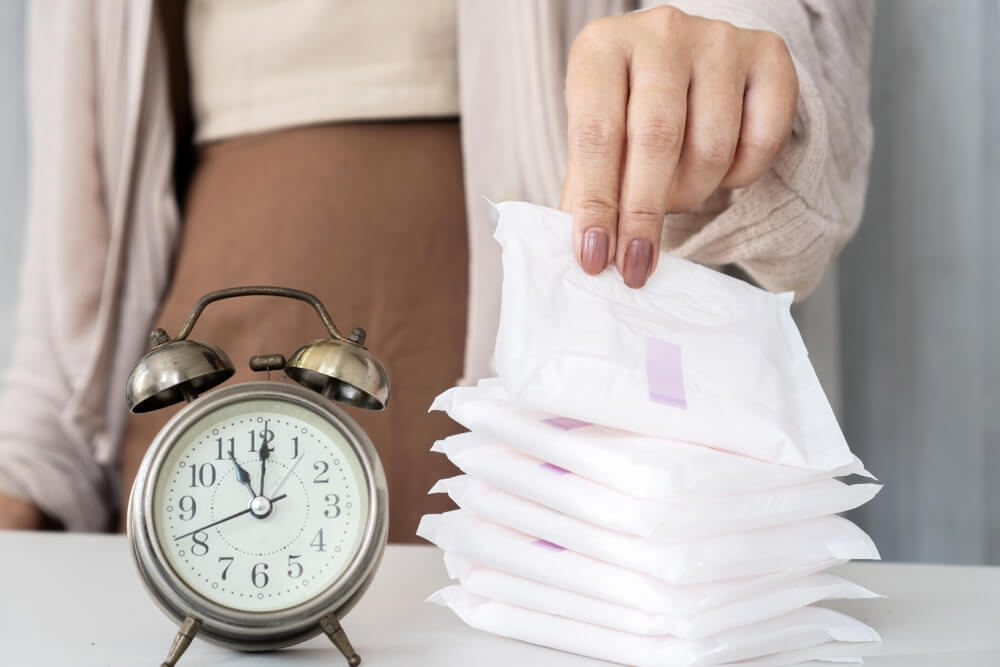For many women, menstruation is a monthly occurrence that can range from a minor inconvenience to a challenging ordeal. If you’ve ever wondered, “Why is my period so heavy?” you’re not alone. Heavy period bleeding, known as menorrhagia, is a common issue that can have various underlying causes. In this comprehensive guide, your trusted gynecologist in Bradenton, Florida, will explore the reasons behind heavy periods, what constitutes menorrhagia, and how to manage it. We’ll also discuss period anemia symptoms and provide tips for seeking medical advice when needed.
Understanding Heavy Period Bleeding

What Are Heavy Periods?
Heavy periods, or menorrhagia, refer to menstrual bleeding that is excessive or prolonged and interferes with your daily life. While the definition of heavy periods can vary from person to person, it is generally characterized by:
- Bleeding that lasts more than seven days.
- Requiring the use of double sanitary protection (tampons and pads) for added absorbency.
- Changing pads or tampons every hour or less because they become soaked.
Causes of Heavy Periods
Several factors can contribute to heavy menstrual bleeding. Understanding these underlying causes is crucial in addressing the issue effectively. Here are some common reasons why your period may be so heavy.
Hormonal Imbalance
Hormonal fluctuations can disrupt the regular menstrual cycle, leading to heavy periods. Conditions like polycystic ovary syndrome (PCOS), thyroid disorders, and perimenopause can cause hormonal imbalances that result in excessive bleeding.
Uterine Fibroids
Uterine fibroids are noncancerous growths that develop in the uterus. Depending on their size and location, fibroids can cause heavy periods, pelvic pain, and other symptoms.
Adenomyosis
Adenomyosis occurs when the tissue lining the uterus (endometrium) grows into the muscular wall of the uterus. This condition can lead to heavy periods and severe menstrual cramps.
Blood Disorders
Certain blood disorders, such as von Willebrand disease and platelet function disorders, can affect blood clotting and result in heavy menstrual bleeding.
Pelvic Inflammatory Disease (PID)
PID is an infection of the female reproductive organs and can cause heavy periods in addition to pelvic pain and discomfort.
Recognizing the Symptoms of Menorrhagia
In addition to excessive bleeding, menorrhagia may be accompanied by several other symptoms. It’s essential to be aware of these signs as they can indicate the presence of heavy menstrual bleeding. Look out for:
Passing Large Blood Clots
Clots larger than a quarter can be a sign of menorrhagia. These clots may appear regularly during your period.
Fatigue and Anemia
Heavy menstrual bleeding can lead to a significant loss of blood, resulting in anemia. Common period anemia symptoms include fatigue, weakness, and pale skin.
Frequent Changes
If you’re constantly changing your tampons or pads because they become saturated within an hour, it’s a sign that your bleeding is excessive.
Bleeding Between Periods
Spotting or bleeding between menstrual cycles, known as intermenstrual bleeding, can also be indicative of menorrhagia.
Coping with Heavy Periods
Living with heavy periods can be challenging, but there are several strategies and treatments available to help manage this condition:
Over-the-Counter Pain Relief
Nonprescription pain relievers, such as ibuprofen, can help alleviate the pain and discomfort associated with heavy periods.
Hormonal Birth Control
Hormonal contraceptives like birth control pills, hormonal IUDs, and the birth control shot can regulate menstrual bleeding and reduce its heaviness.
Tranexamic Acid
Tranexamic acid is a medication that can reduce blood flow during menstruation and is often used to treat menorrhagia.
Surgical Options
In severe cases, surgical procedures like endometrial ablation or hysterectomy may be recommended to manage heavy periods. These options are typically considered when other treatments are ineffective.
Lifestyle Factors
In addition to medical conditions and hormonal imbalances, certain lifestyle factors can also contribute to heavy menstrual bleeding. Understanding these factors can help you take steps to manage your periods more effectively.
Diet and Nutrition
What you eat can influence your menstrual cycle. Diets rich in fatty foods and processed sugars can lead to inflammation and hormonal imbalances, potentially exacerbating heavy bleeding. On the other hand, a diet high in iron and vitamins can help reduce the risk of anemia associated with heavy periods. Consider incorporating more leafy greens, lean proteins, and whole grains into your meals.
Stress Management
Stress can wreak havoc on your hormones and menstrual cycle. High stress levels can lead to irregular periods and exacerbate heavy bleeding. Practices like yoga, meditation, and deep breathing exercises can help manage stress and, in turn, contribute to more balanced menstrual cycles.
Exercise
Maintaining a healthy body weight and engaging in regular exercise can have a positive impact on your menstrual health. Being overweight can increase the risk of hormonal imbalances, which may lead to heavy periods. On the other hand, excessive exercise or extreme athleticism can disrupt your menstrual cycle. Striking a balance with moderate, consistent physical activity can support a more regular menstrual cycle.
Alternative and Complementary Therapies
Many individuals find relief from heavy periods through alternative and complementary therapies. While these approaches may not be a replacement for medical treatment, they can be valuable additions to your management plan. Some options to consider include:
Acupuncture
Acupuncture involves the insertion of thin needles into specific points on the body to promote balance and alleviate various health issues, including heavy menstrual bleeding.
Herbal Remedies
Certain herbs, such as ginger, chamomile, and cinnamon, have been traditionally used to manage heavy periods. Always consult with a healthcare provider or herbalist before trying herbal remedies, as they may interact with medications or have contraindications.
Dietary Supplements
Iron and vitamin supplements may be recommended to address anemia associated with heavy periods. Always consult with your healthcare provider before starting any supplements to ensure they are safe and suitable for your needs.
When to Seek Medical Advice

While occasional heavy periods are common and may not be a cause for concern, persistent or worsening symptoms should prompt a visit to a healthcare provider. Don’t hesitate to seek medical advice if you experience:
- Heavy periods that disrupt your daily life.
- Passing blood clots larger than a quarter.
- Signs of anemia, such as fatigue and weakness.
- Menstrual bleeding between periods.
Your healthcare provider can conduct a thorough evaluation, perform necessary tests, and recommend appropriate treatments to address the underlying causes of your heavy periods.
In Conclusion
If you’ve been wondering, “Why is my period so heavy?” it’s essential to understand that heavy menstrual bleeding is a common concern for many women. While it can be disruptive and uncomfortable, effective management and treatment options are available.
Remember that seeking medical advice is crucial if you experience persistent or worsening symptoms. Professionals at Women’s Care of Bradenton can help identify the underlying causes of your heavy periods and tailor a treatment plan that suits your needs, allowing you to regain control of your menstrual health and overall well-being. Don’t let heavy periods hold you back; take proactive steps towards a healthier, more comfortable menstrual cycle.


